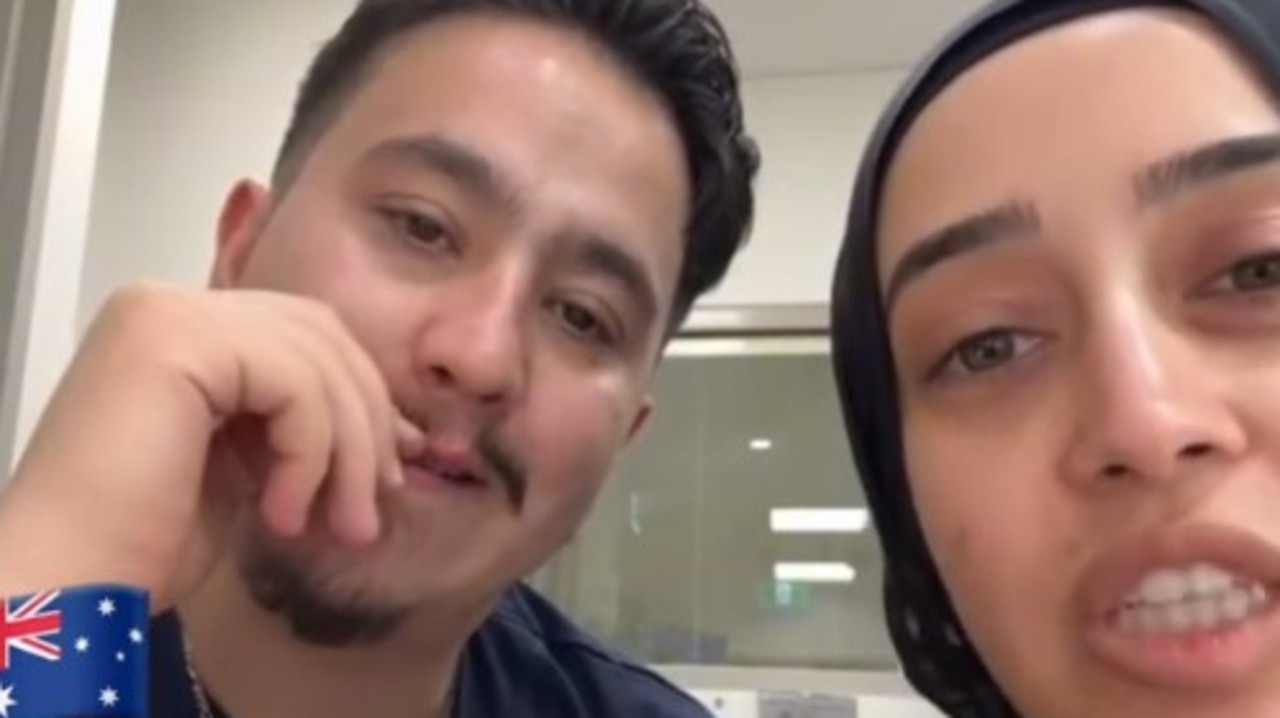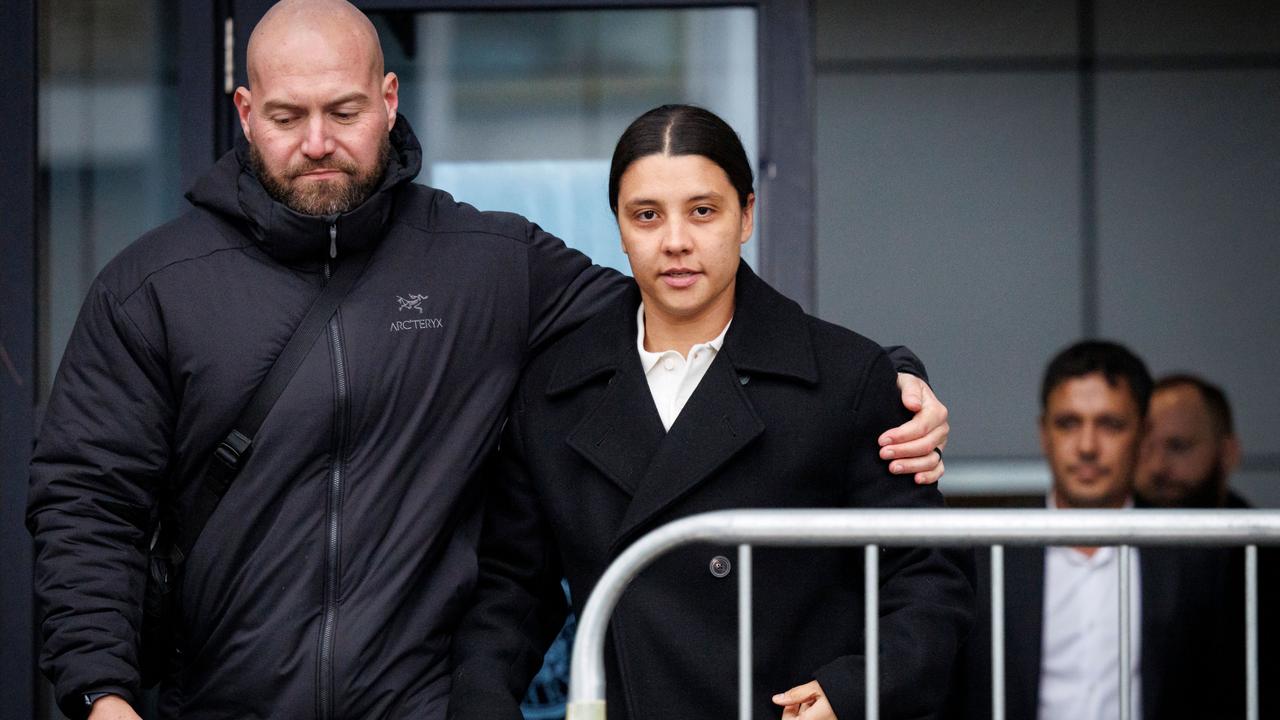Courts rely on ‘outdated’ precedent in child gender dysphoria cases
Australian judges are relying on precedent based on ‘outdated’ medical information when allowing gender dysphoric children to access permanent treatments, a barrister says.

Australian judges are relying on precedent based on “outdated” medical information when allowing gender dysphoric children to access permanent treatments, a barrister at the coal face of dozens of complex family law cases says, arguing that it is difficult for courts to resolve disputes because of “rapidly evolving” research.
It comes as a new paper is released by an Australian legal professor on gender dysphoria cases in Australia, calling on the courts to “unlearn” what they once knew and instead follow in the footsteps of Scandinavian countries, where puberty blockers and cross-sex hormones are becoming “a last resort”.
Barrister Belle Lane, who has acted for both parents who support the medical transition of their child and those who oppose it, said the science around puberty blockers, cross-sex hormones and surgical interventions was “rapidly evolving” and leaving Australian courts behind.
She made reference to the Full Court of the Family Court of Australia decisions in Re Jamie, Re Kelvin and a single judge in Re Imogen (No. 6) which have resulted in courts allowing the medical transition of a minor as long as the child, the parents and the clinicians agree.
Since those decisions were made, Ms Lane said there had been no good studies or systematic reviews that “support the idea that there are benefits to mental health and that the treatment improves gender dysphoria”.
“There’s a pyramid of evidence, of grades of evidence, and systematic reviews sit on top. What they do is they review all the studies, and there’s been about eight or nine of them that have come out since 2020 from around the world, but they have all come to the same conclusion and that is that the evidence base upon which the medical pathway is built is of very low quality,” she said in an interview hosted by barristers’ group Foley’s List.

“What that means is that there aren’t good studies, if you like, to support the idea that there are benefits to mental health and that the treatment improves gender dysphoria. We’re now facing a very different medical landscape than perhaps we did in 2017 and 2020 with those cases, and it’s a difficulty of the court.”
Ms Lane said this was an issue in Australian courts with judges relying on past cases as precedent for decision-making.
“This is a bit of a problem in an adversarial system where you’ve got a rapidly evolving area of science and a court system relying on precedent from science that’s pretty outdated,” she said.
Ms Lane has acted in many family law matters concerning gender dysphoric children, and is widely known to be one of the most frequently briefed barristers when it comes to these complex issues. Most recently, she acted for a parent who was opposed to their child taking cross-sex hormones to transition to become a boy.
Last year, Ms Lane penned a paper sent to Federal Circuit and Family Court judges arguing that fresh research into the effects of hormone treatments and puberty blockers on young Australians refutes older research touting a gender-affirming model of care.
International researchers commissioned by the UK Cass review earlier this year found Australia’s guidelines on gender-affirmative medicine lacked rigour and independence, and failed to recommend formal assessment processes that screened for body image problems, autism spectrum disorder, sexual orientation, or physical health conditions.
In a rare interview, Ms Lane said one key problem that arises in these cases is whether a child fully understands the consequences of their actions when consenting to medical treatment.

“Some of the issues that arise are about what information does a young person need to understand before their consent can be informed? I suppose there are questions about the extent to which a young person might be able to understand that information without life experience,” she said.
“If you’re 14, 15 or 16, how do you understand what infertility is going to look like ... in your late 20s when your friends are having children and all of that and you’re infertile or possibly sterile?”
Ms Lane said quite often parents were unable to fully understand the complex science involved or agree on the best outcomes for the child. “If they don’t necessarily agree about the impacts, the benefits, the detriments, the risks ... and they have life experience ... how does a young person begin to understand those risks?” she said.
She said it would be “almost impossible” for the parties to agree on a single medical witness to testify in these matters.
“Firstly, it’s actually hard to find experts who are willing to put their hand up and give evidence in these matters,” she said. “Secondly, it wouldn’t be easy for everybody to agree on a single expert and the court is probably better having a variety of views. It puts a judge in an invidious position of then having to weigh up those.”
It comes as University of Queensland law professor Patrick Parkinson releases a paper saying that while judges “have been used to accepting doctors’ recommendations in this area without much scrutiny ... that is no longer so”.
“Understanding this complex area, affecting more and more children and adolescents, requires us to unlearn almost everything we thought we knew about the issue from the leading family law cases and other information sources,” he wrote.

“It is awareness of these issues that drives some parents to oppose the proposed sex trait modification treatment of their children in ways that are irreversible. It is also what motivates a team of lawyers, paediatricians, psychiatrists and psychologists to work together on these matters.”
He said the “problem is not going away”.
“Perhaps the best solution would be regulation that requires significant exploratory investigation of causes of gender incongruence, and that gives primacy to psychotherapeutic approaches to treatment, with puberty blockade or sex trait modification treatment being a last resort,” he wrote.
“Essentially, this is the way the Scandinavian countries are moving.”





